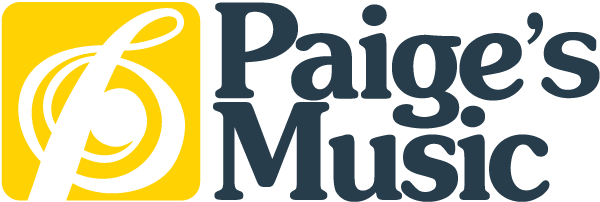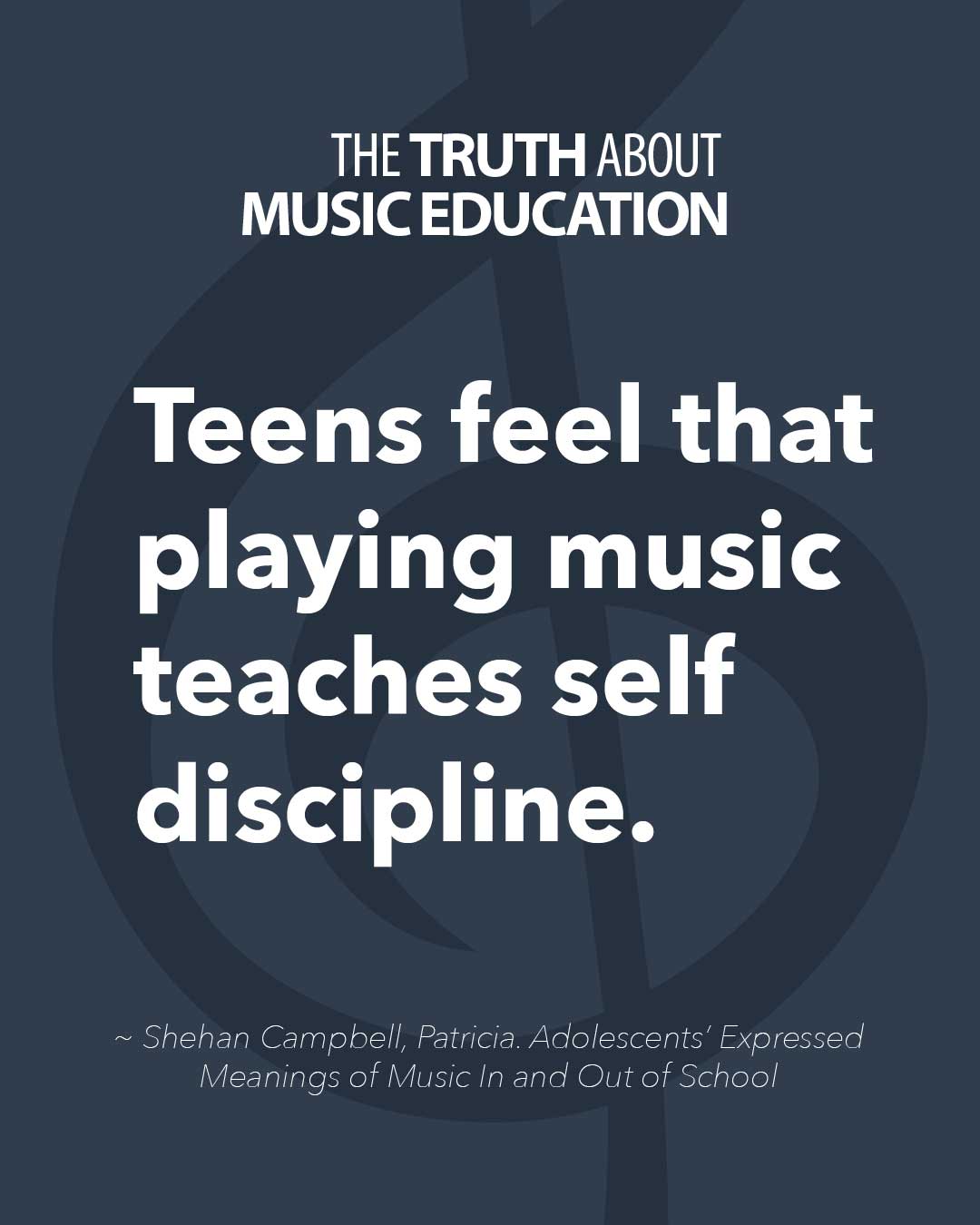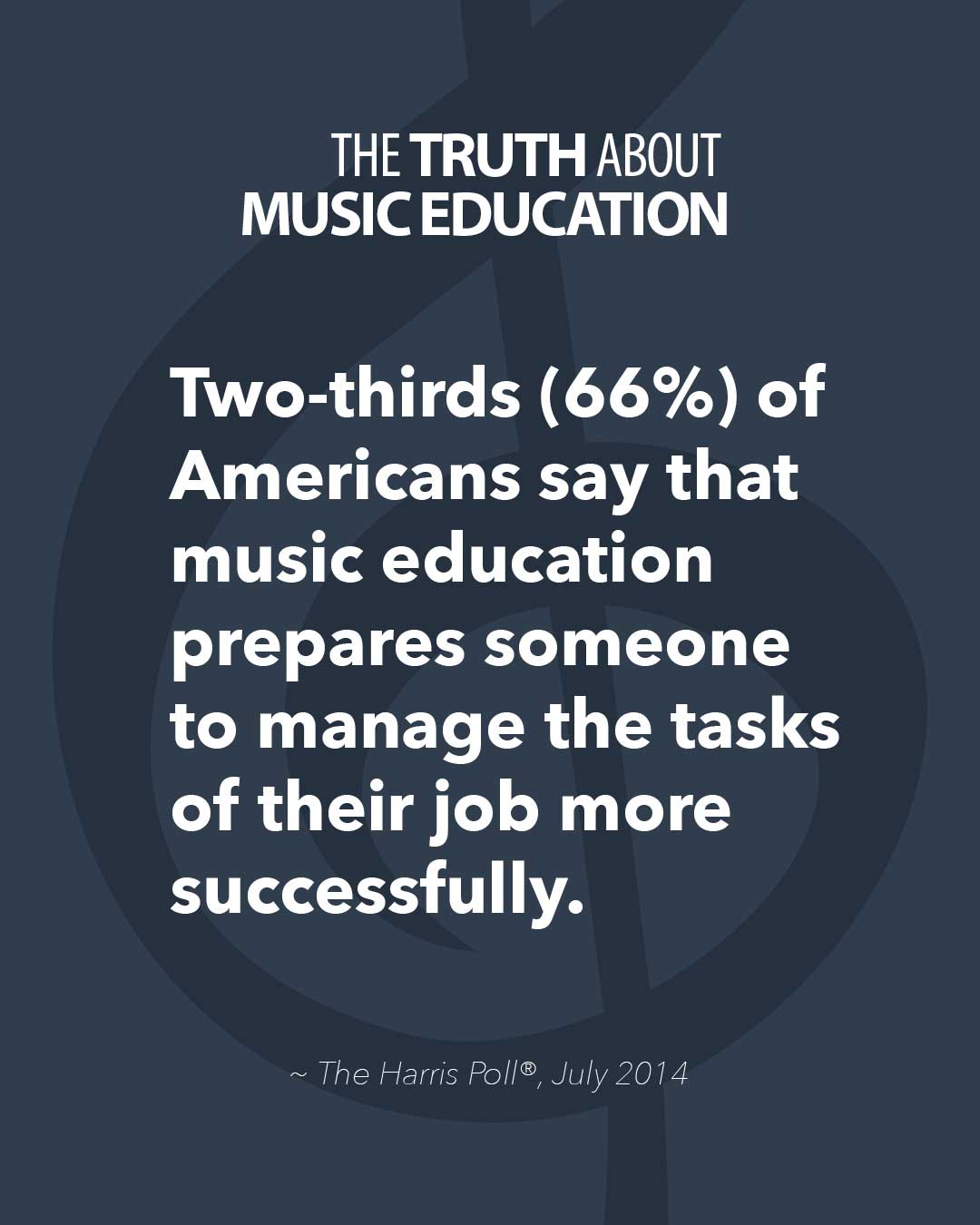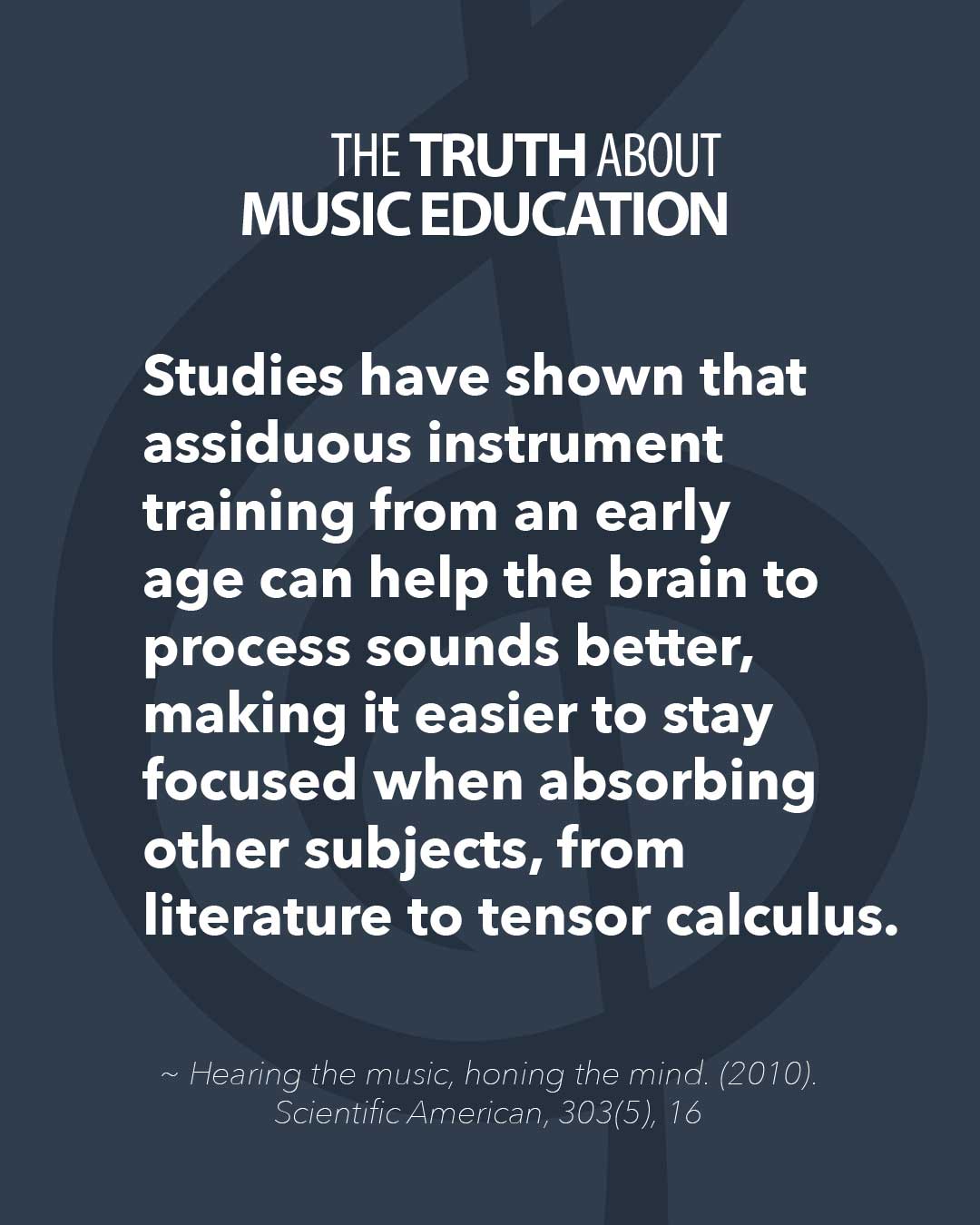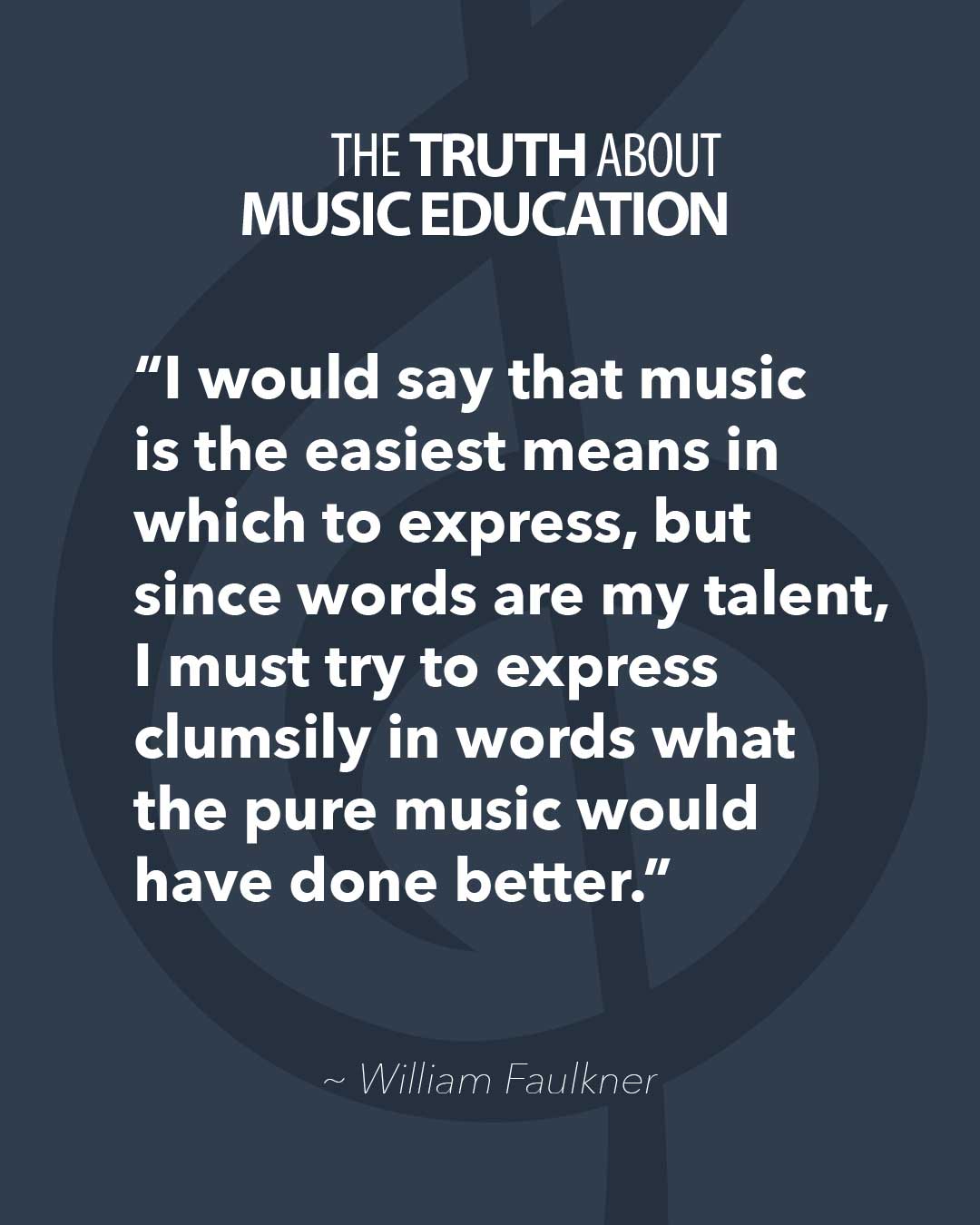Product Feature: Yamaha YSL-891Z Jazz Trombone
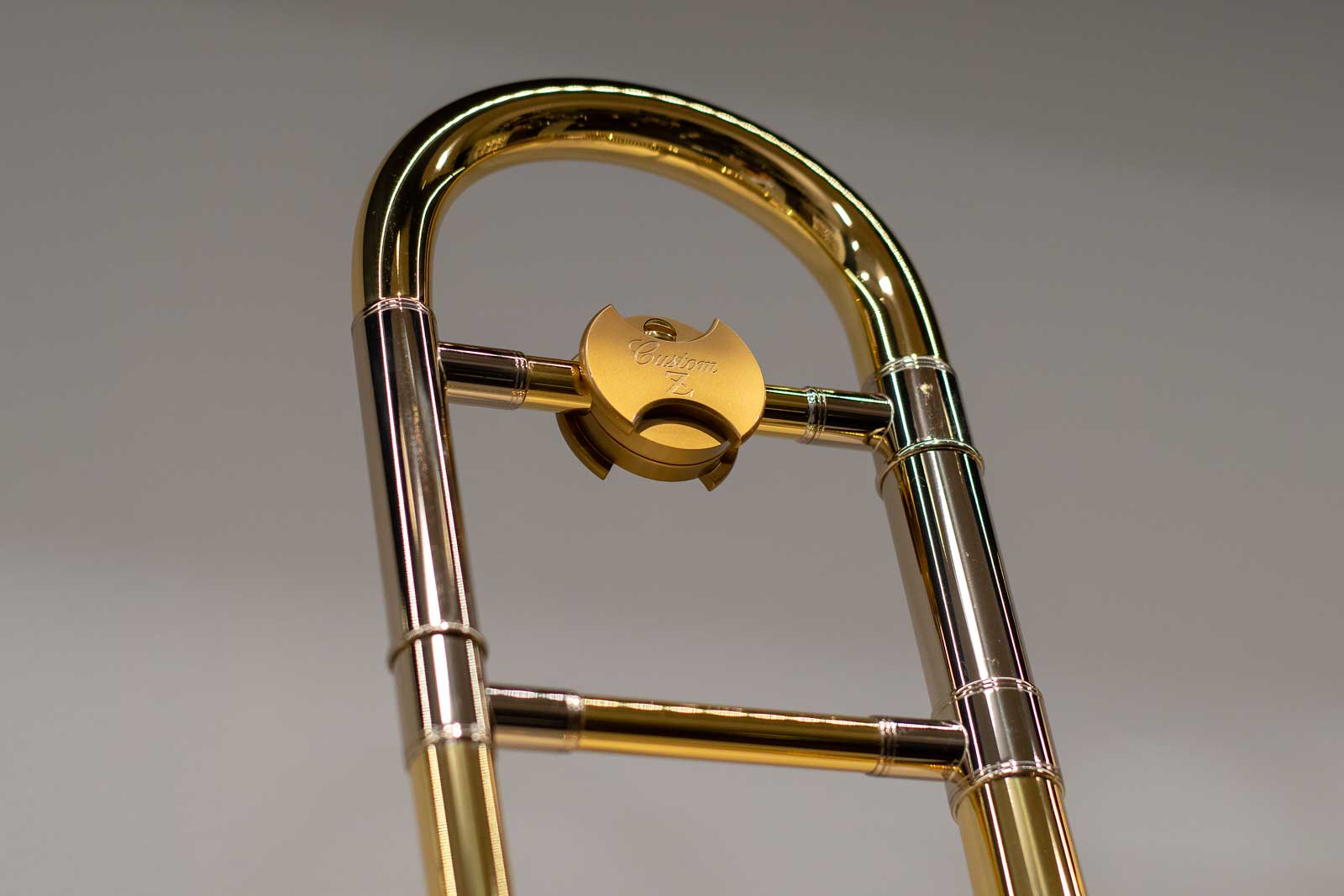
The YSL-891Z is a professional level jazz trombone that was developed with Wycliffe Gordon and Andy Martin. It features a .508 yellow brass slide with an 8 inch yellow brass bell. The YSL-891Z plays very evenly throughout its range, and it offers adaptability in sound and response with its two interchangeable leadpipes. When compared to similarly sized instruments on the market (e.g. King 3B) the YSL-891Z feels and plays a bit lighter. In addition to being an excellent instrument the YSL-891Z has a sleek, durable, and functional case.
When comparing the YSL-891Z to my vintage King 3B the instrument is lighter and more nimble. The YSL-891Z fits nicely in between the sounds of a Bach 16M and a King 3B. To my ear it offers slightly more projection than the Bach, and it feels a bit more agile than a King.
